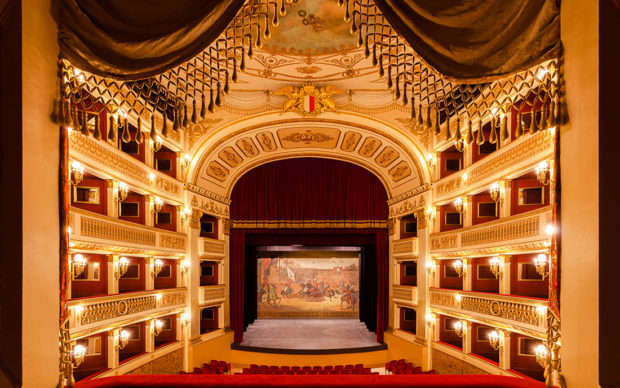
Get your registration right now!
The conference will cover all areas related to molecular-organic and plastic-electronics including chemistry, physics, biology, materials science, nanoscience, bioelectronics, engineering, device fabrication, and commercialisation
Participate to the Conference
It is a pleasure to announce the forthcoming
16th European Conference of Molecular Electronics (ECME) to be held in Bari (Italy) on 2 – 6 October 2023.
Over the years, ECME has become the premier European Conference in the field of Molecular Electronics, and ECME 2023 will belong to the prestigious series of biannual conferences previously organized in Italy (Padua, 1992), Germany (Kloster Banz, 1994), Belgium (Leuven, 1996), Great Britain (Cambridge, 1997), Sweden (Linköping, 1999), The Netherlands (Rolduc, 2001), France (Avignon, 2003), Italy (Bologna, 2005), France (Metz, 2007), Denmark (Copenhagen, 2009), Great Britain (London, 2013), France (Strasburg, 2015), Germany (Dresden, 2017), Sweden (Linköping, 2019).
ECME in Bari was originally scheduled for 2021 and then postponed because of the covid19 pandemic.
If you would like to take part in our event, please fill in your details in this Event Registration Form below and you will be automatically registered. Event registration must be completed at least seven (7) days prior to the event.
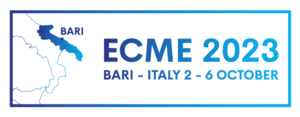
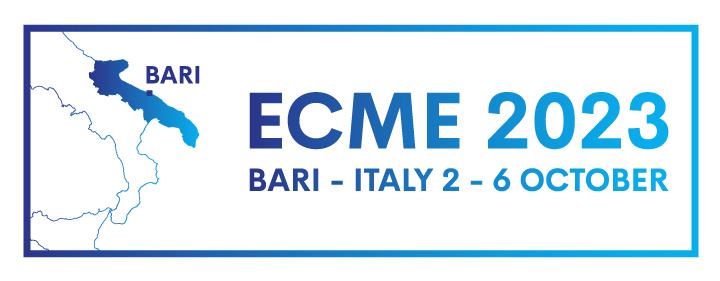
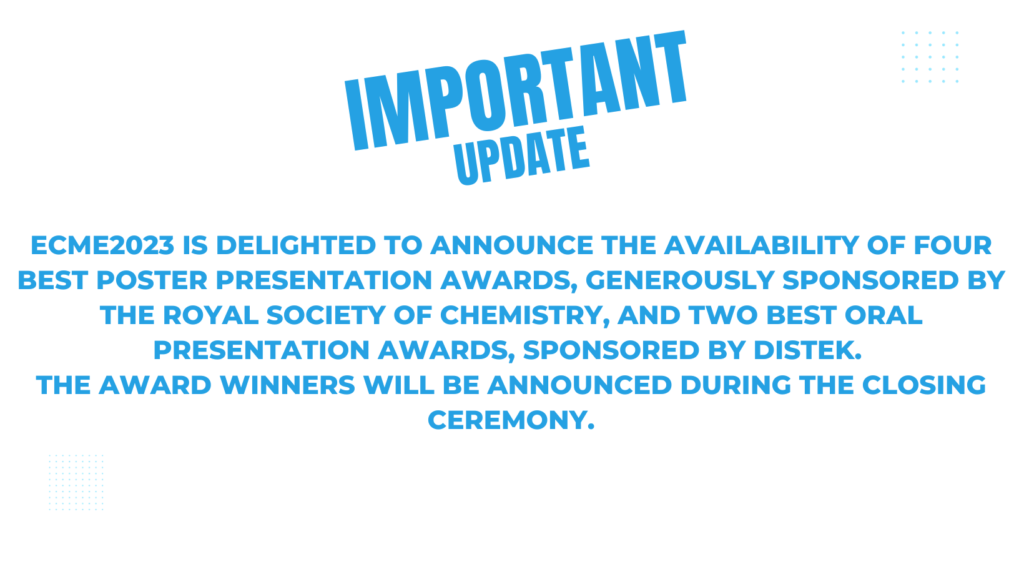

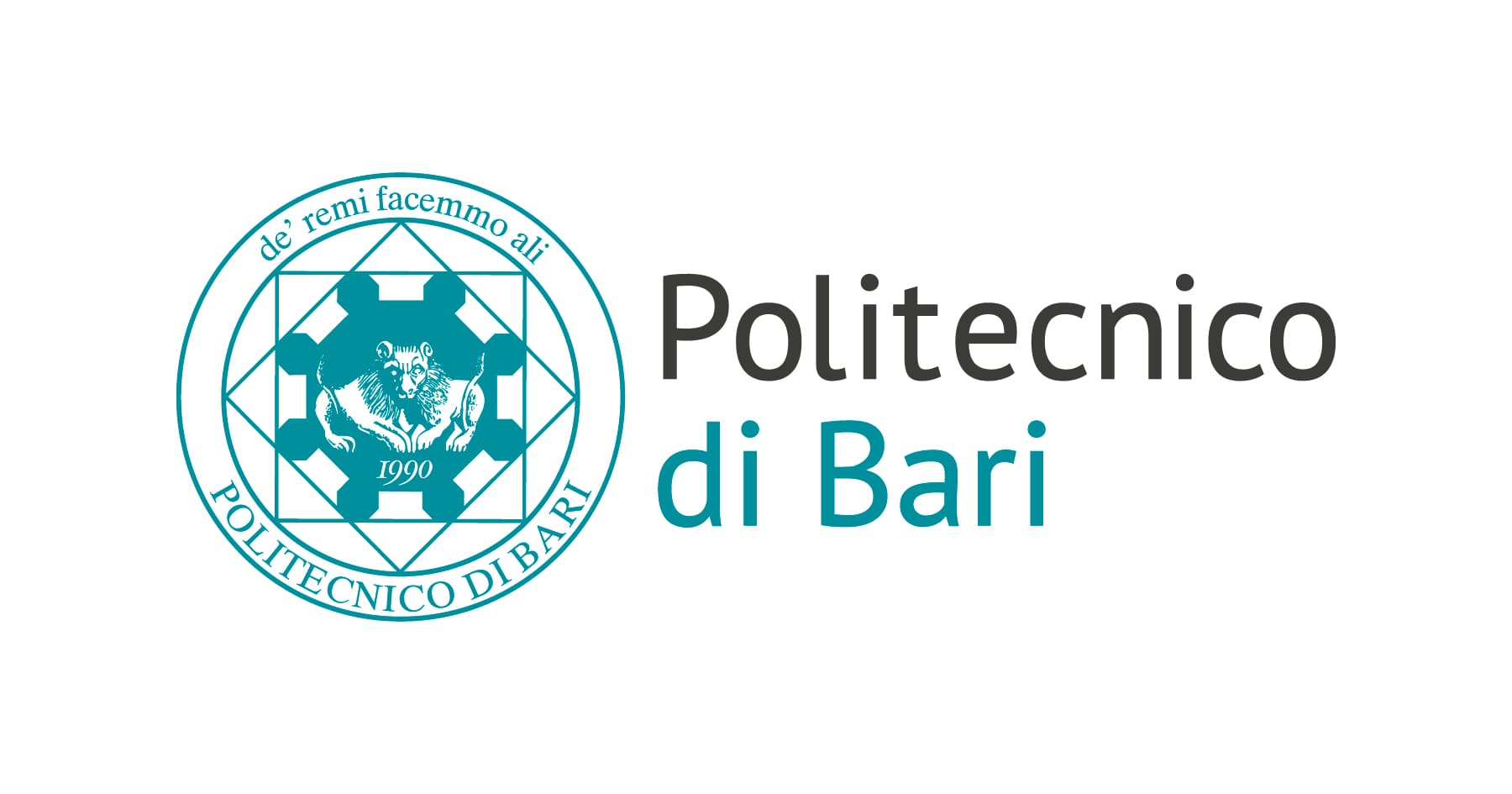
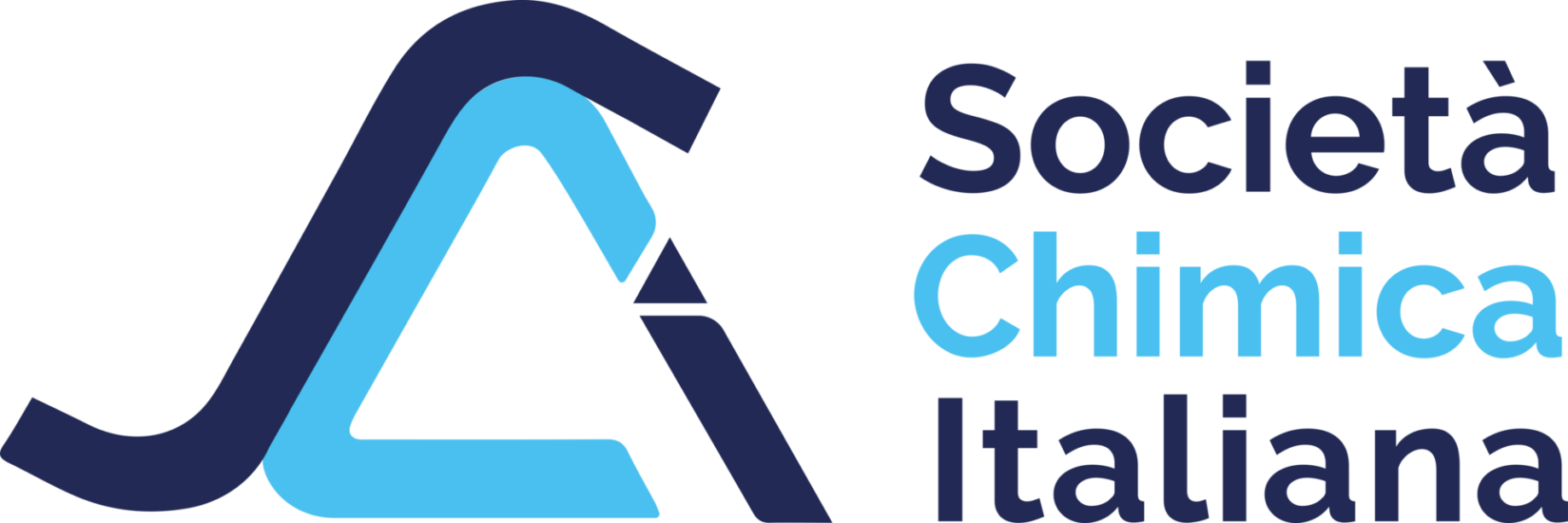


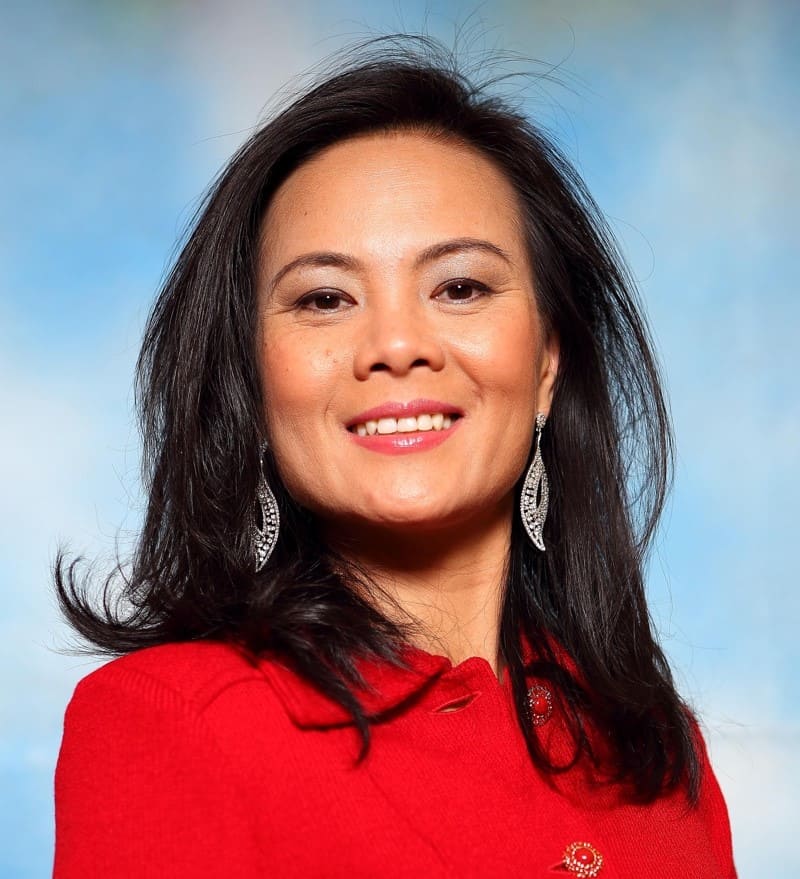
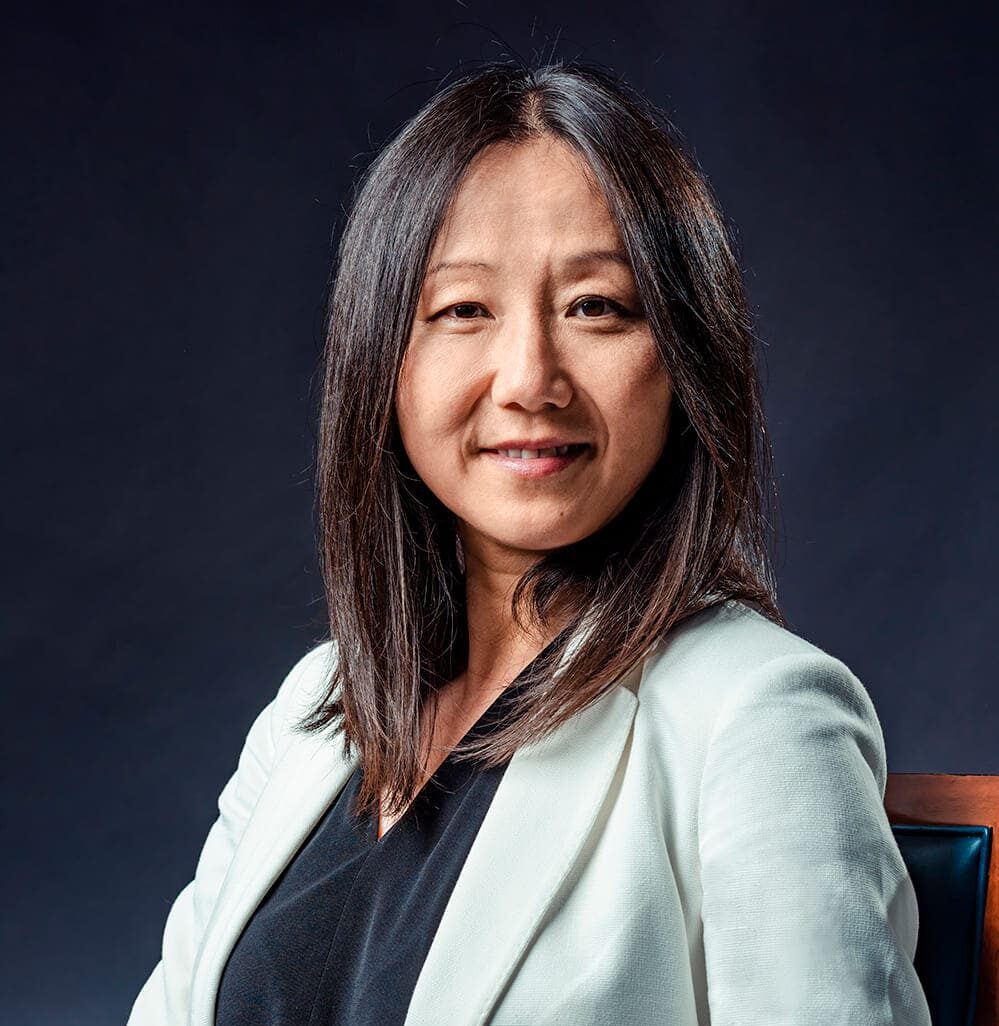
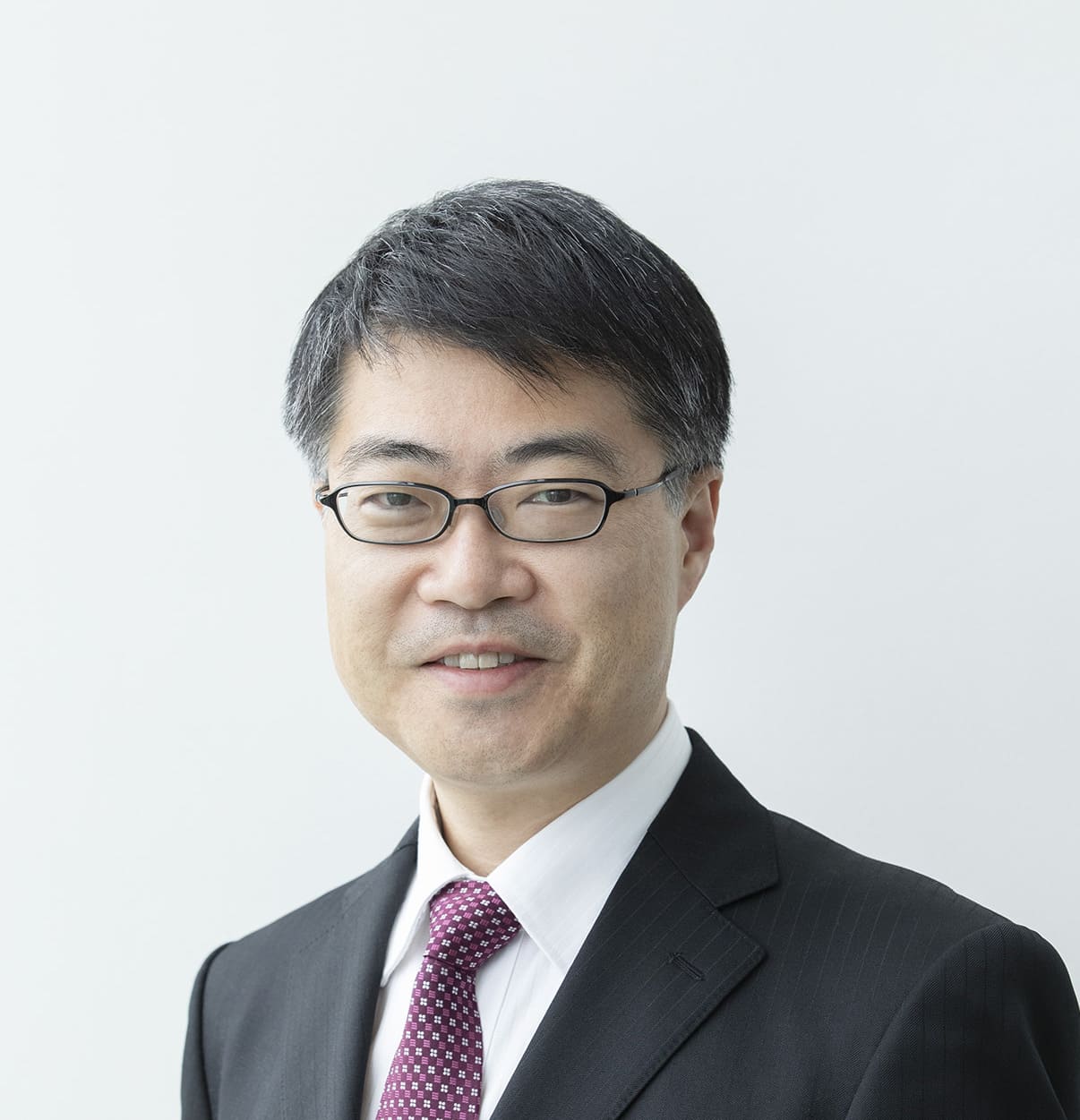
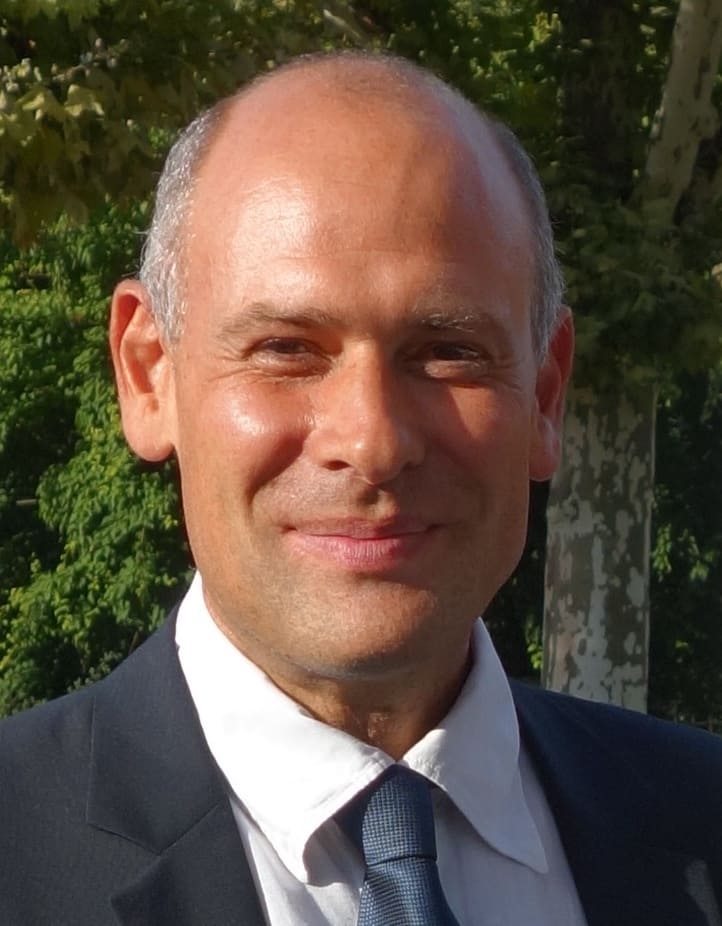
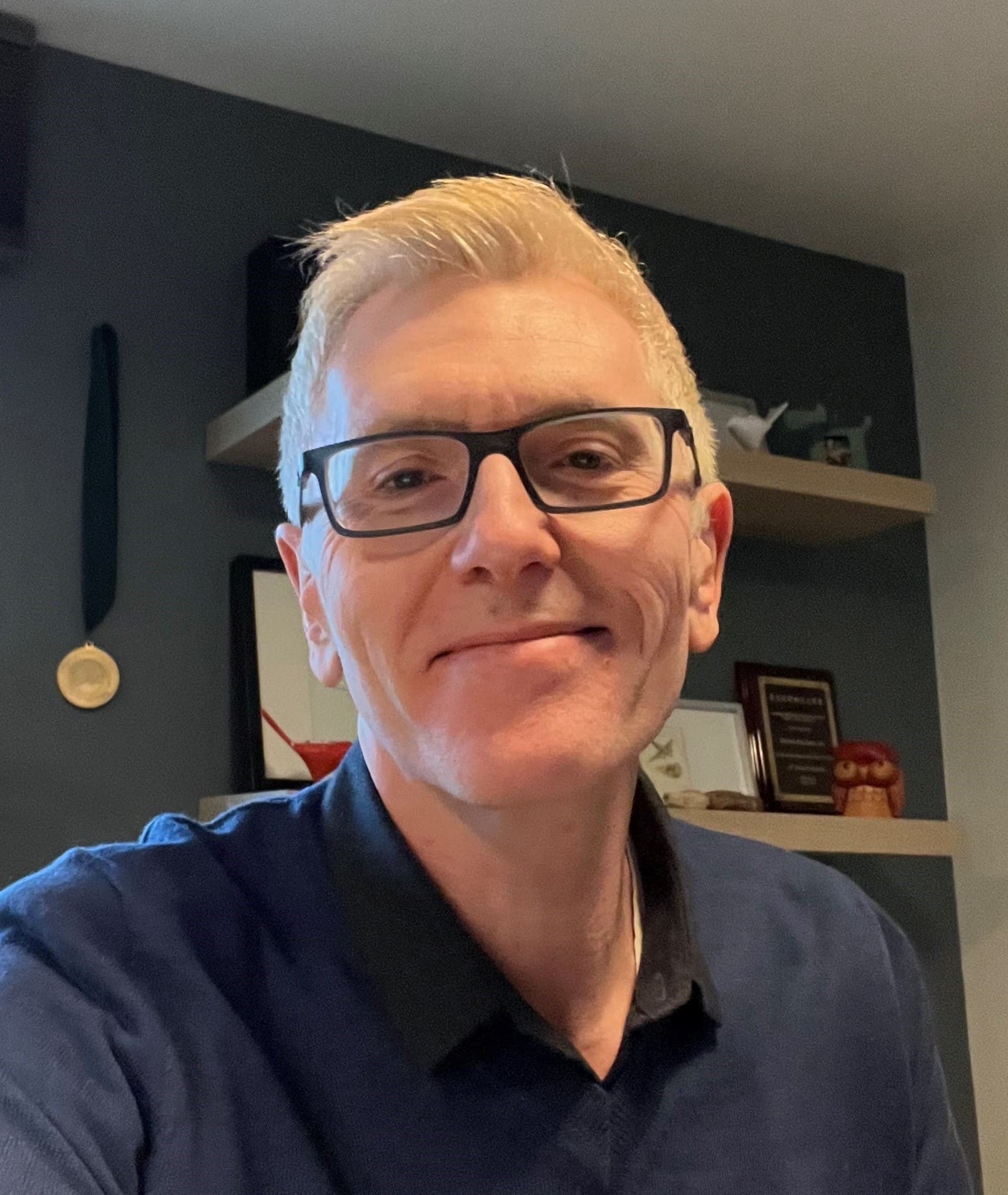
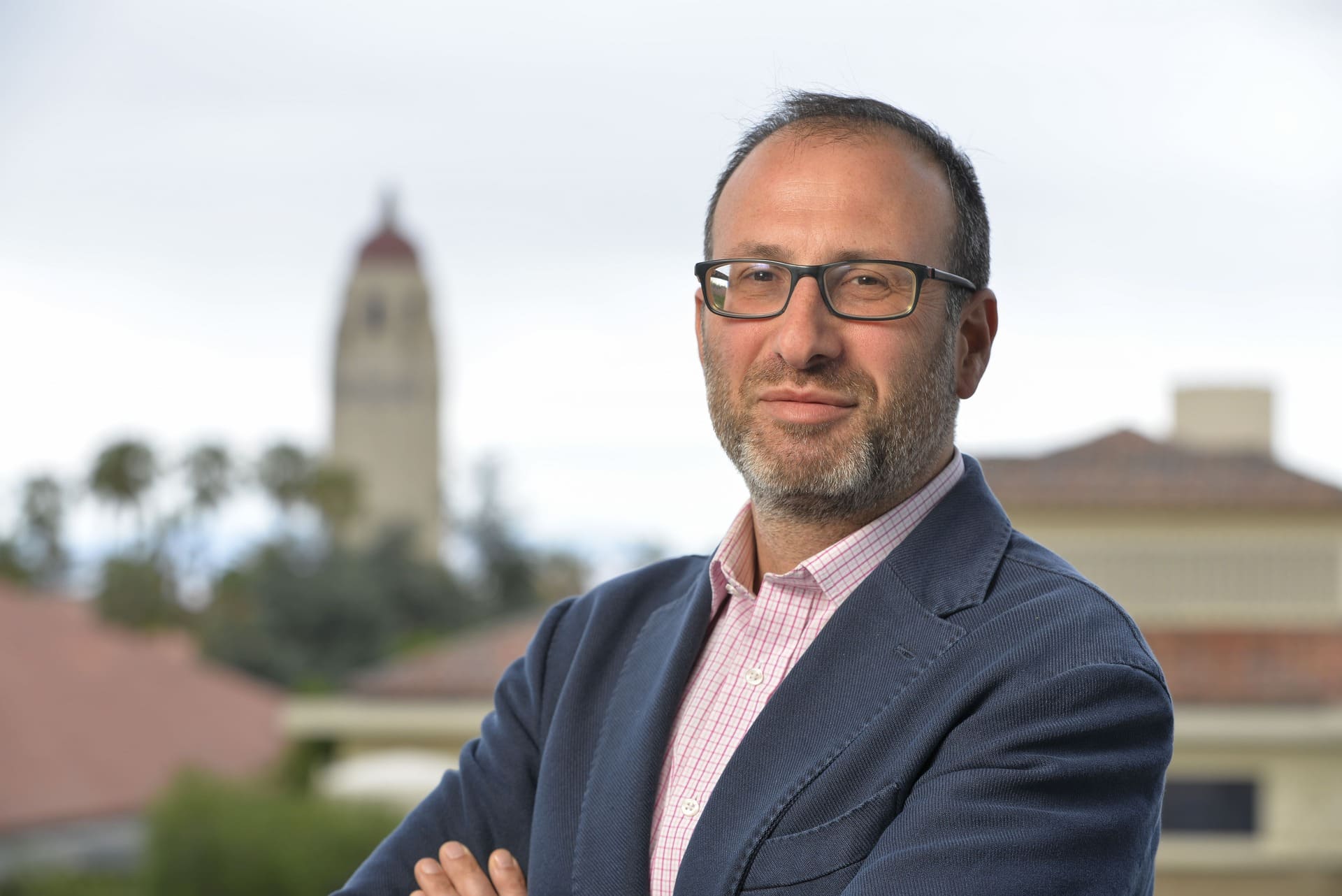
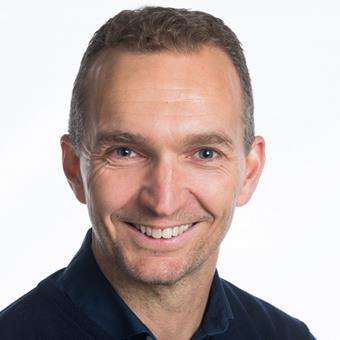
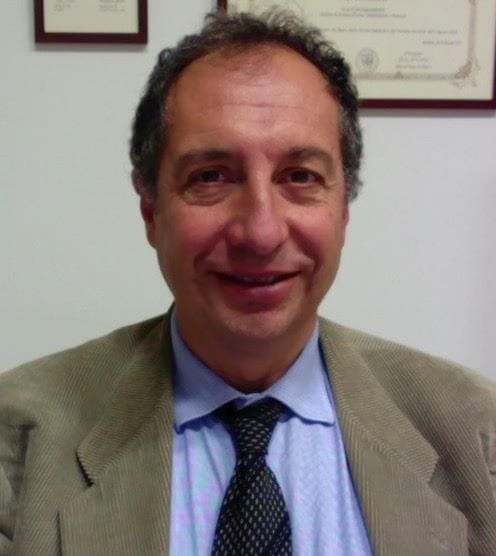
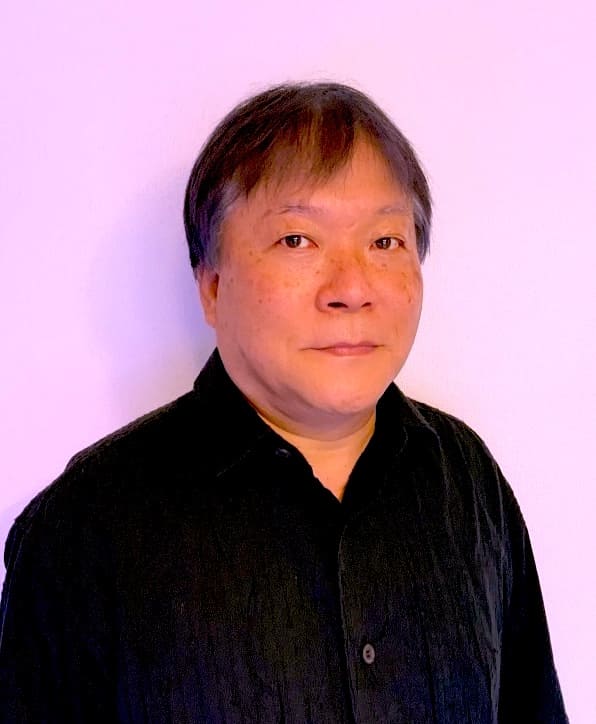
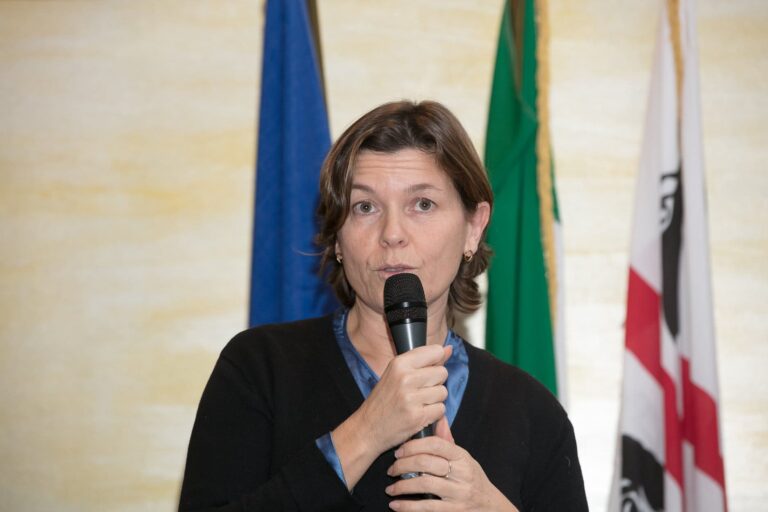
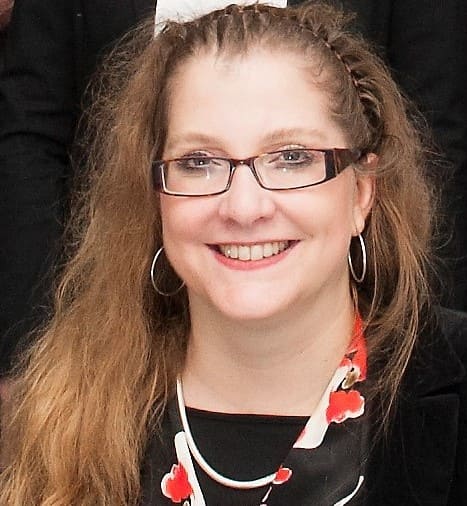
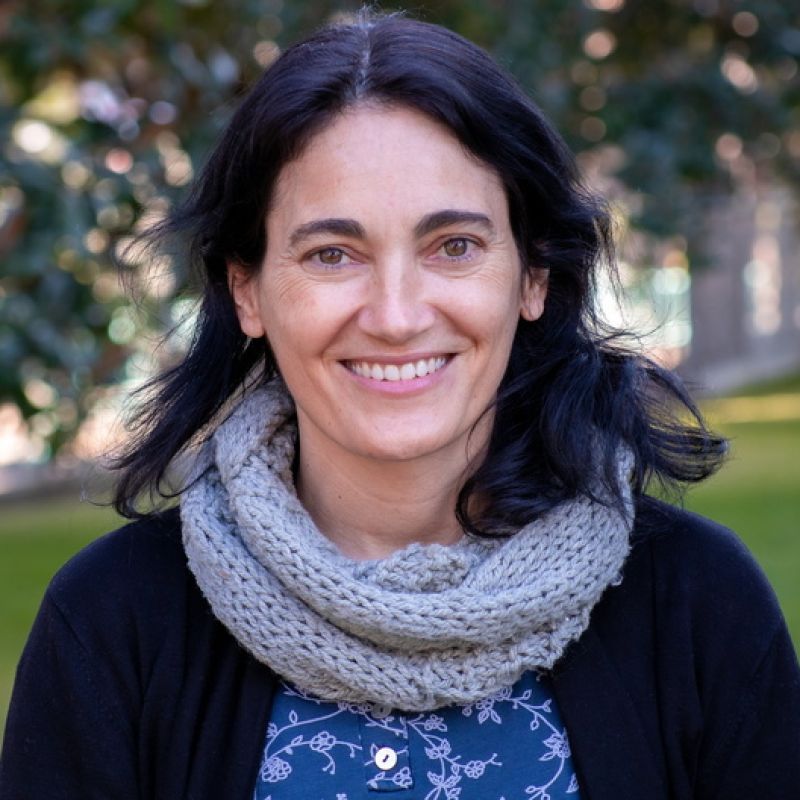
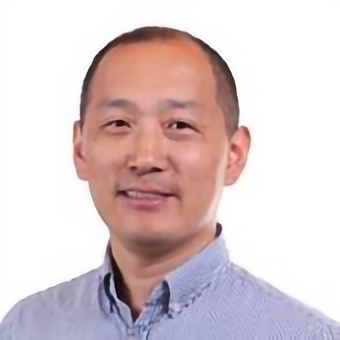
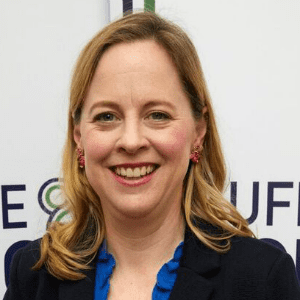
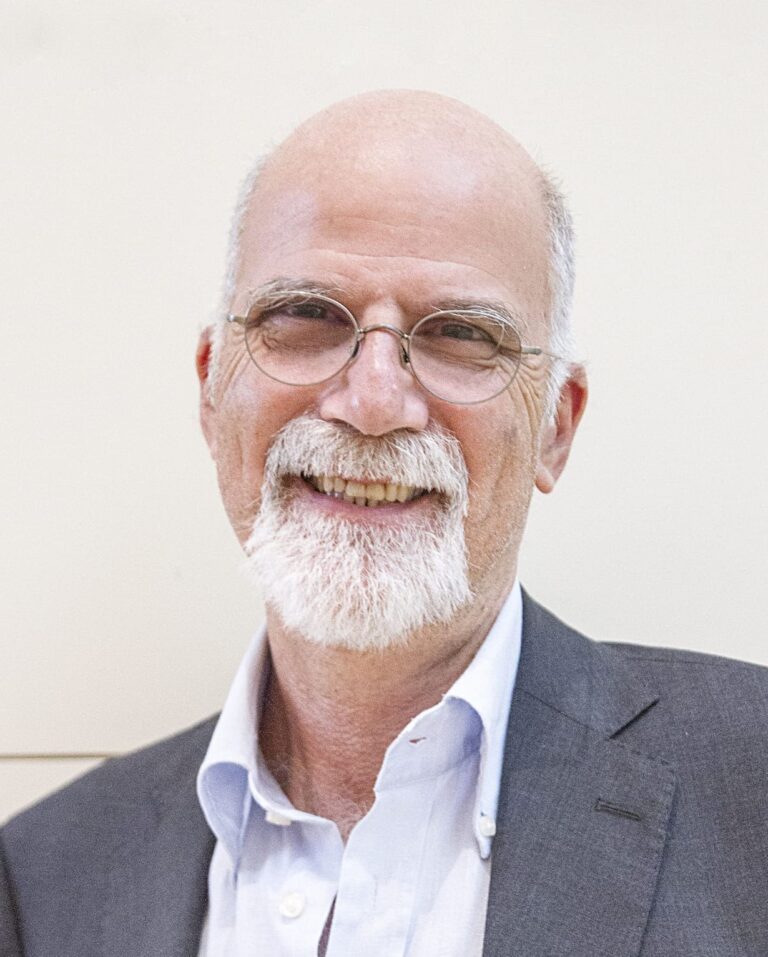
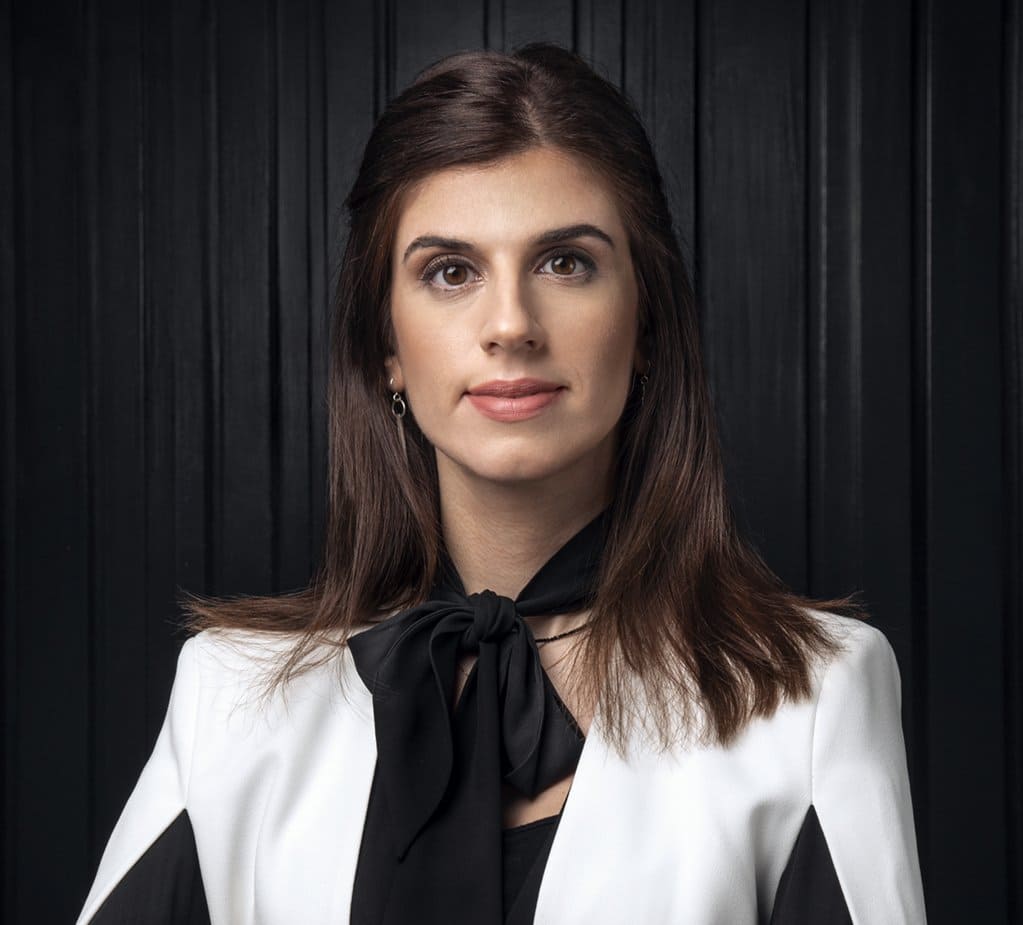
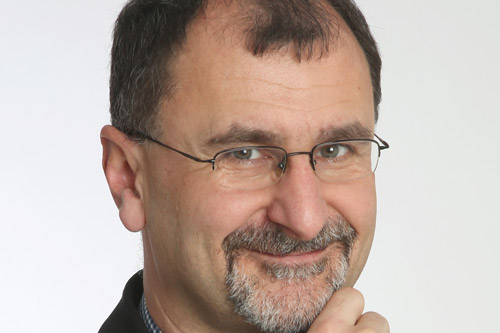
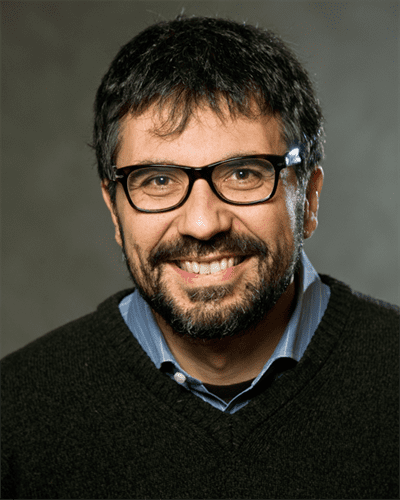
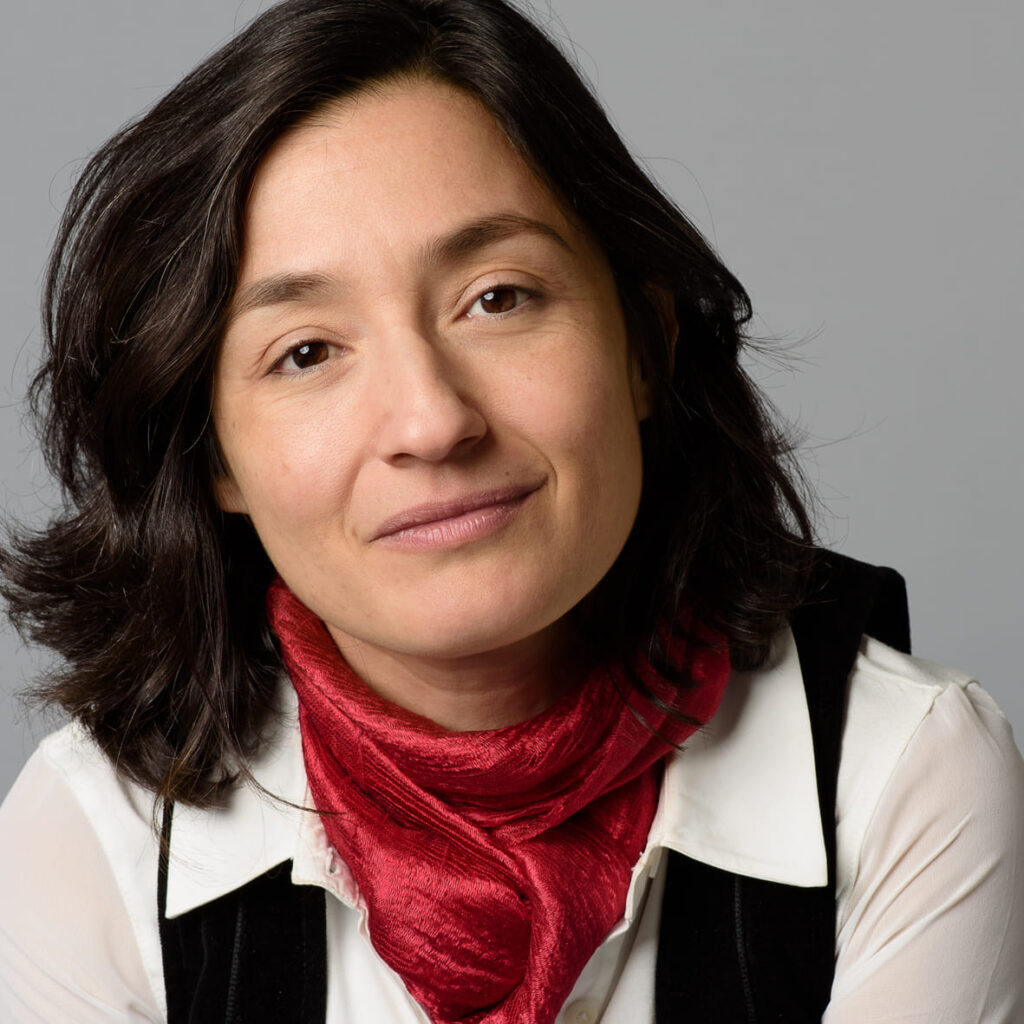
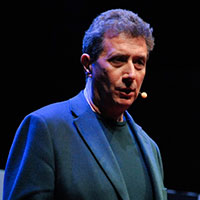
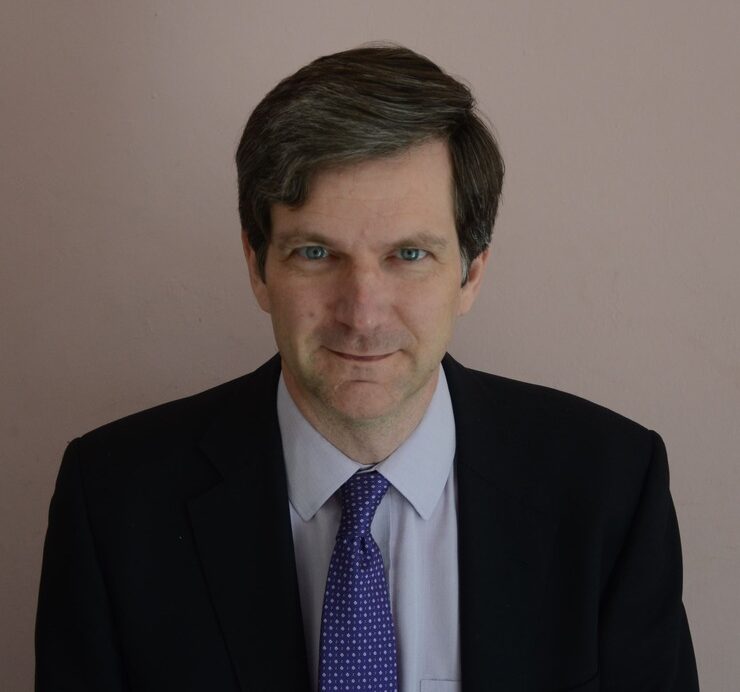
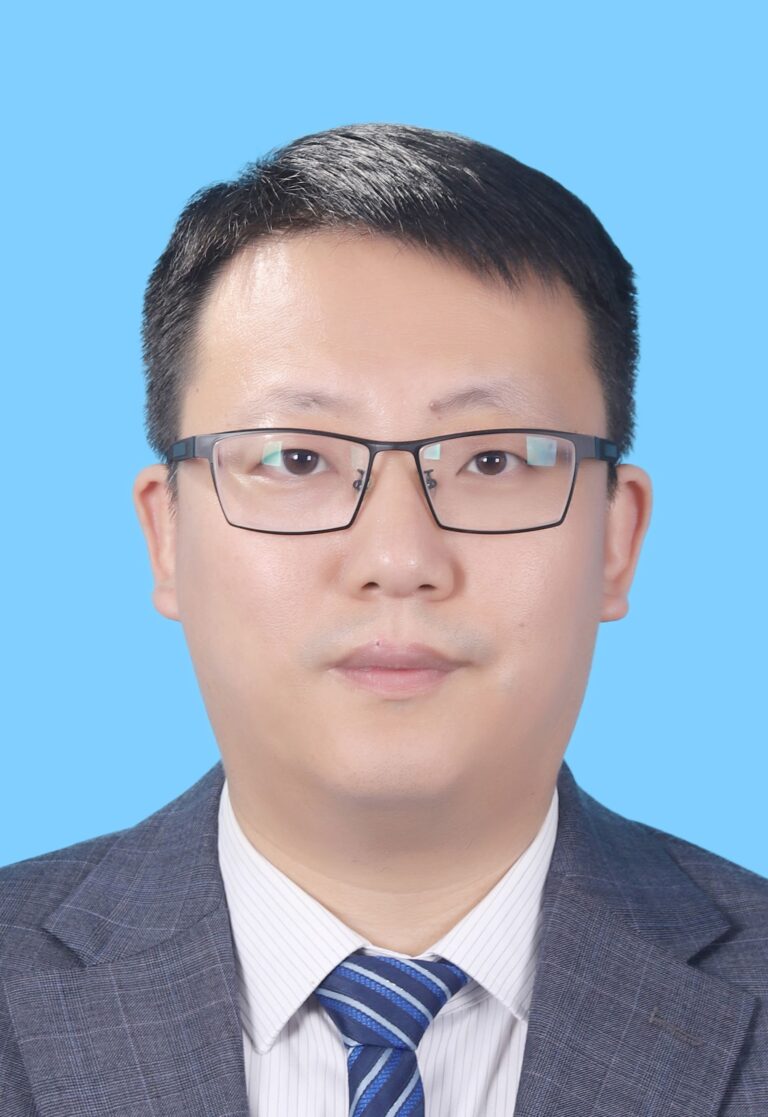
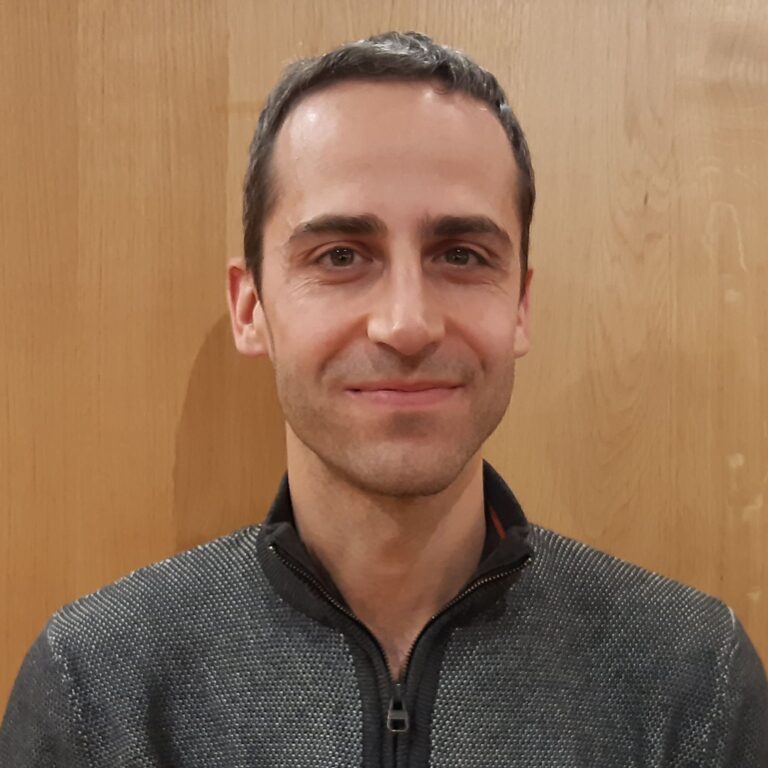
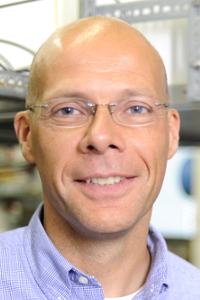
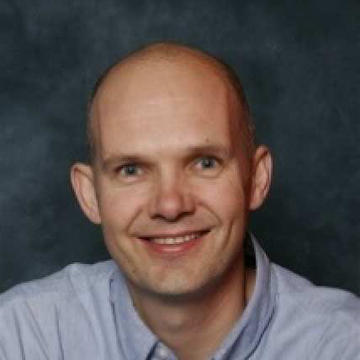
Thuc-Quyen Nguyen is the Director of the Center for Polymers and Organic Solids and professor in the Department of Chemistry & Biochemistry at the University of California, Santa Barbara (UCSB). Her research interests are doping and charge transport in organic semiconductors, bioelectronics, and device physics of organic solar cells, ratchets, transistors, and photodetectors.
Thuc-Quyen Nguyen Professor of Chemistry and Biochemistryat University of California, Santa Barbara (UCSB)